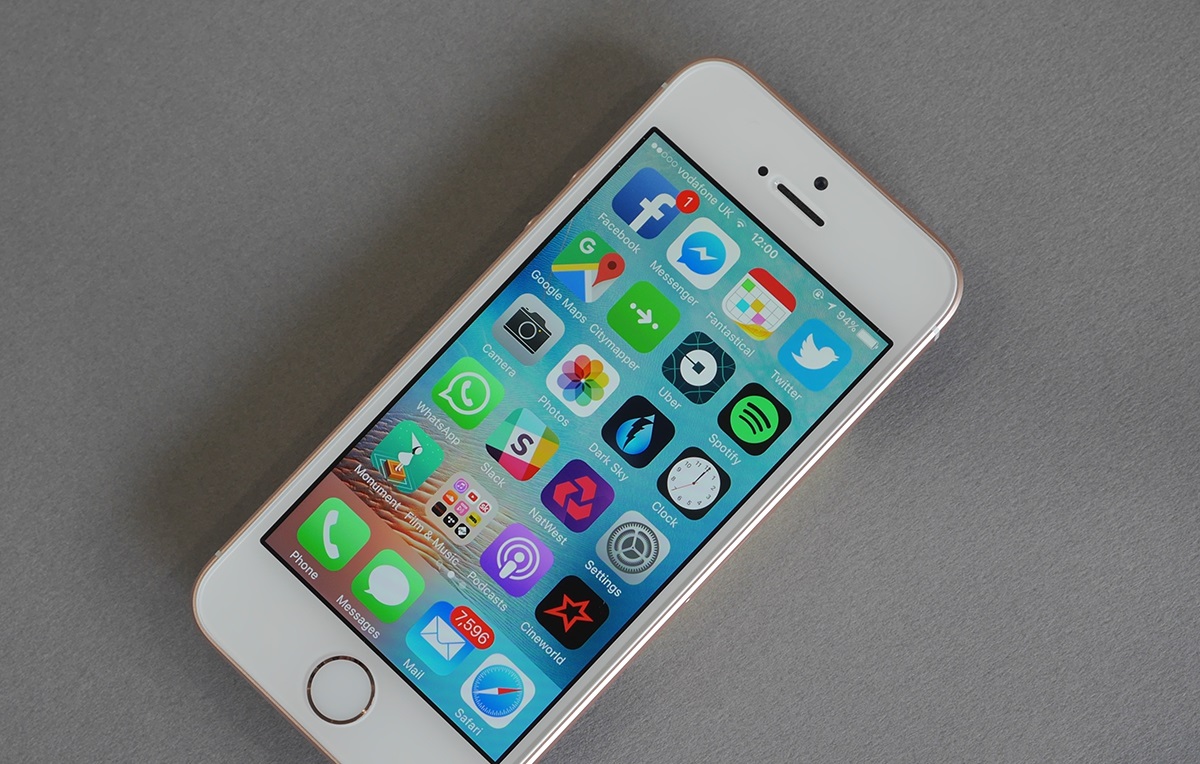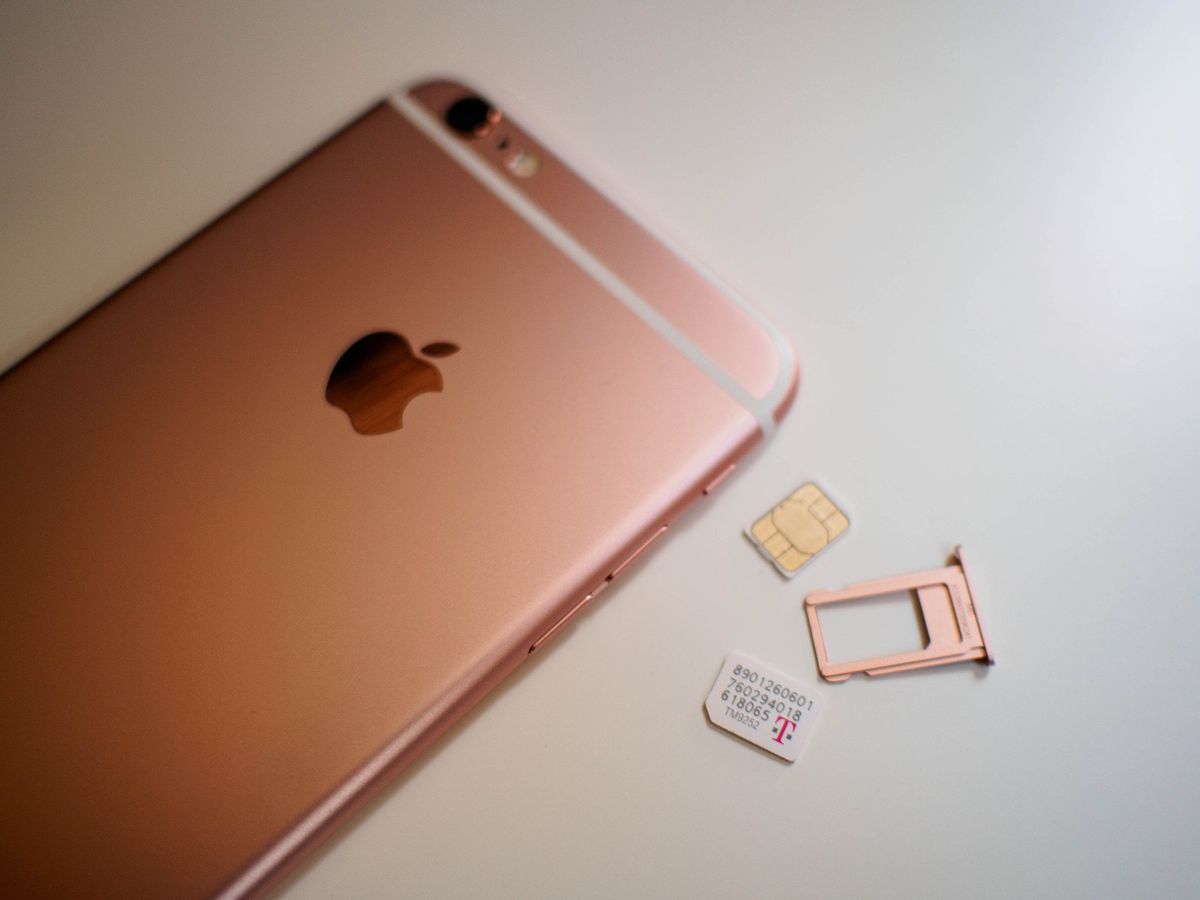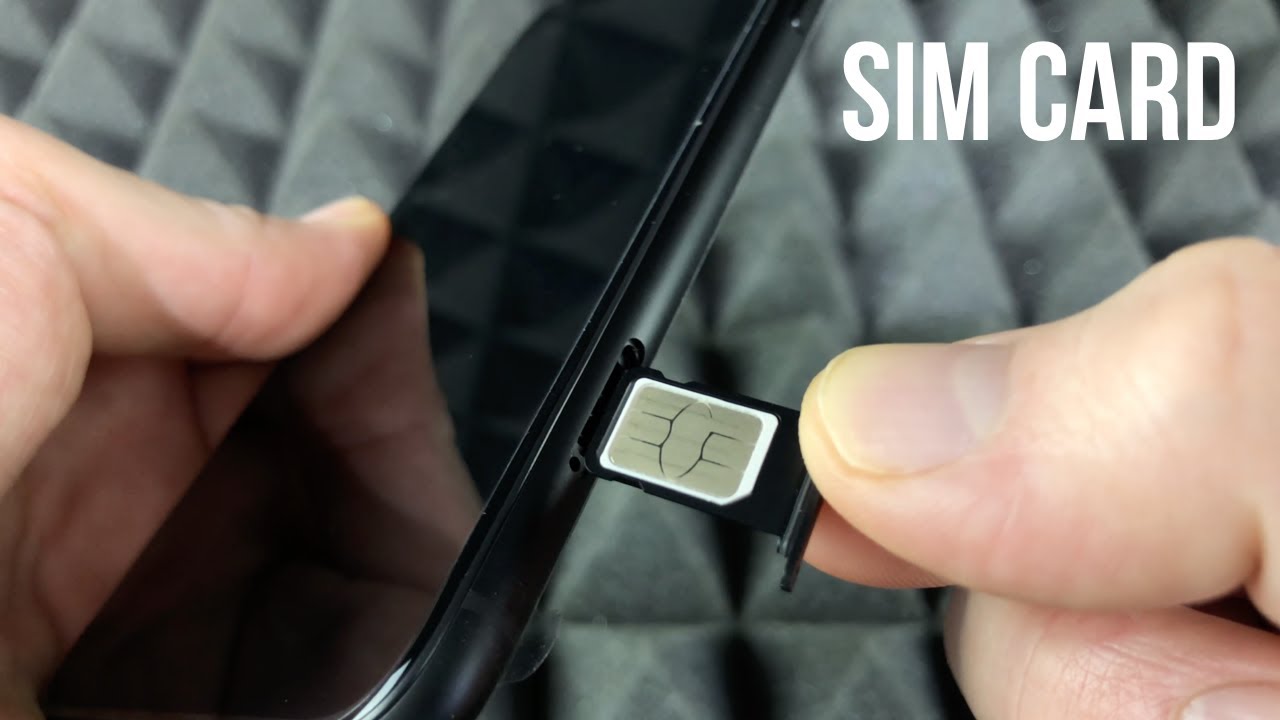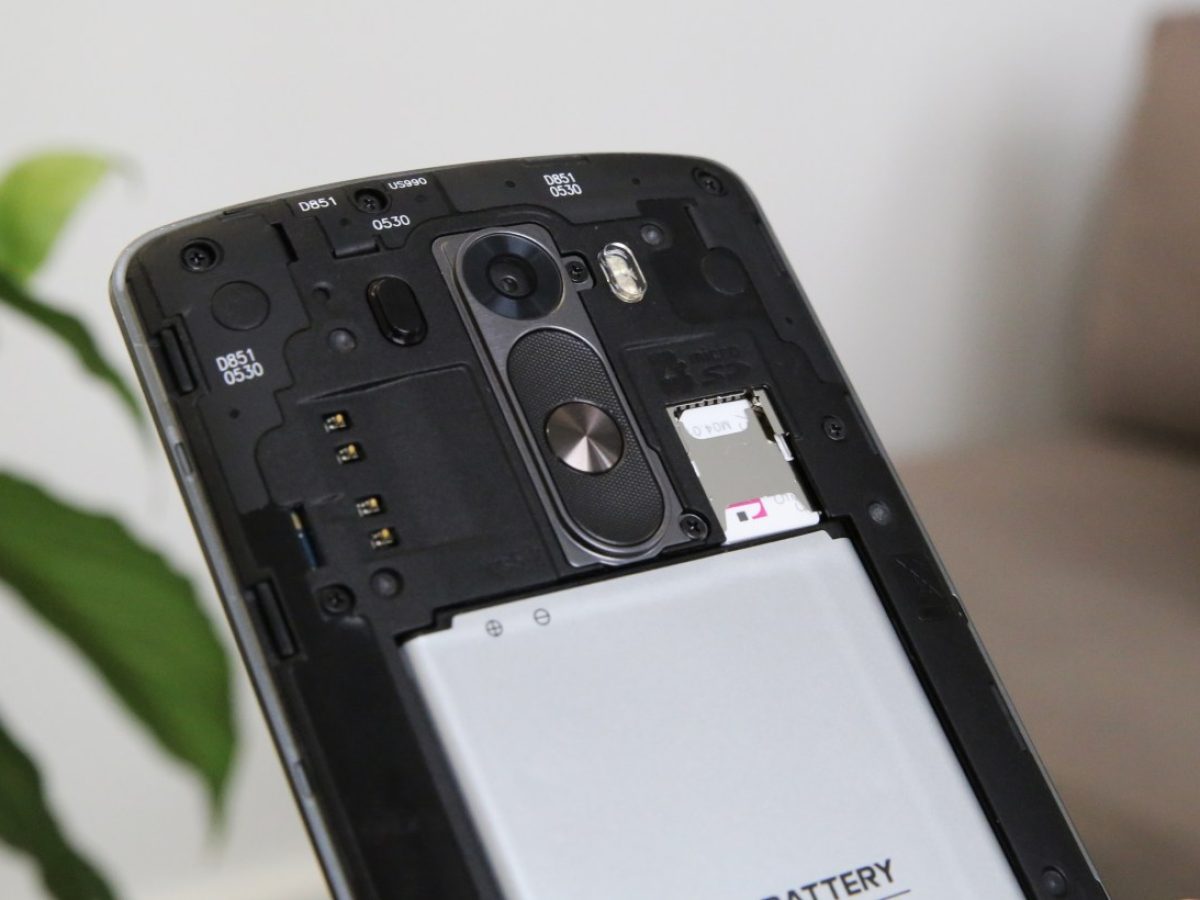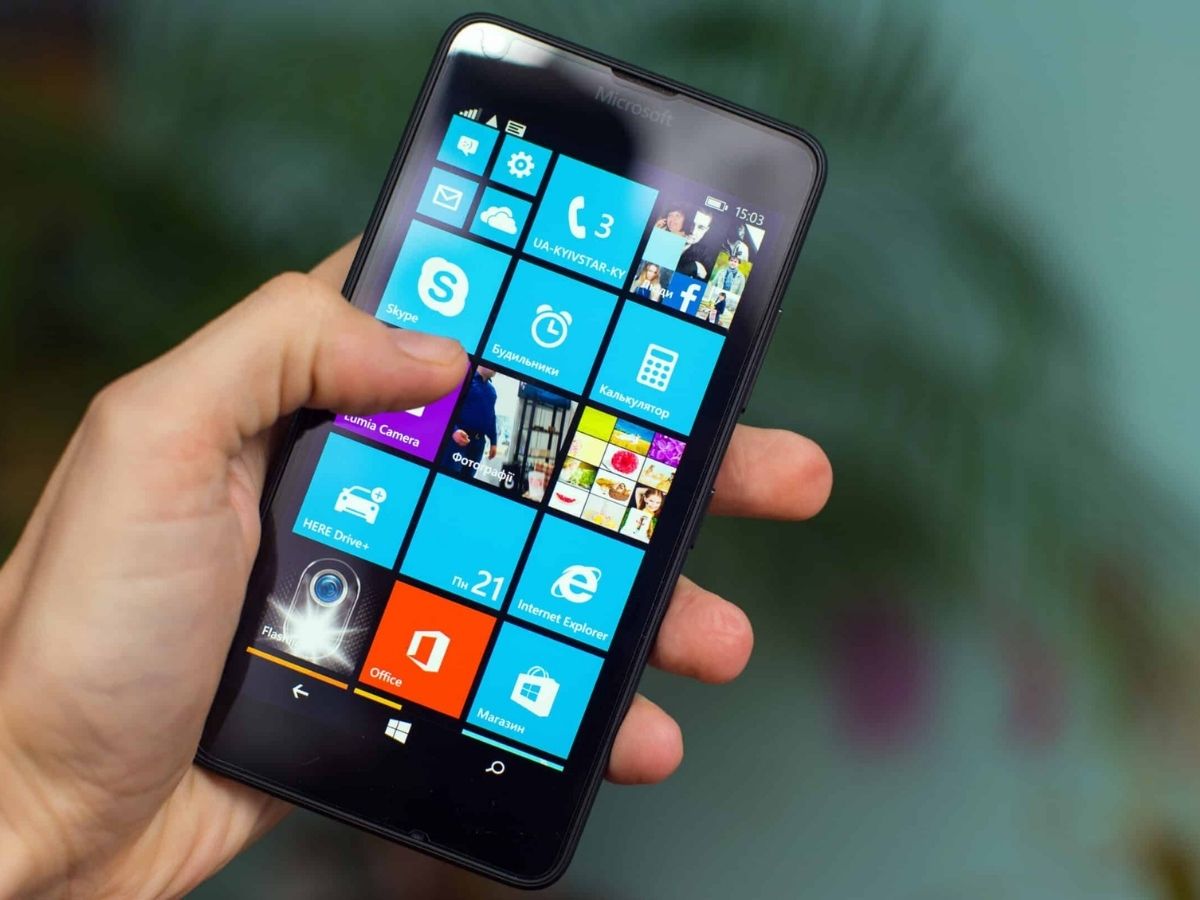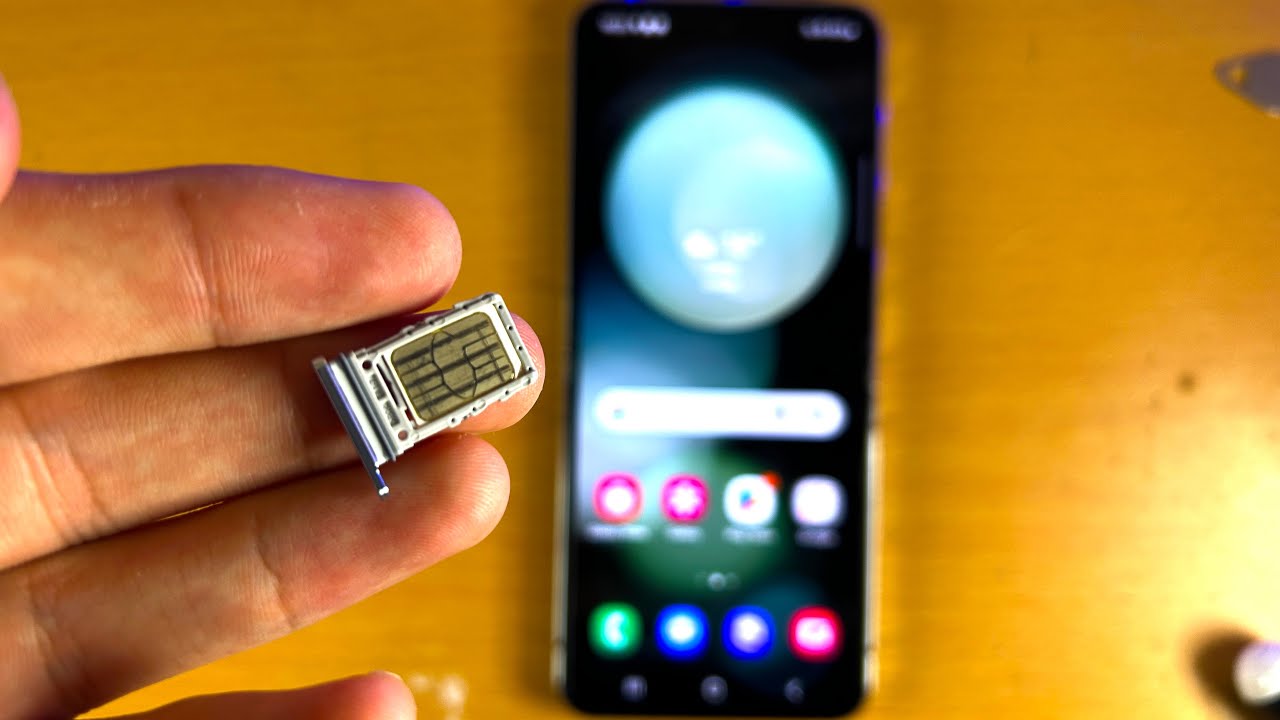Introduction
Removing the SIM card from a mobile phone can have far-reaching implications, affecting various aspects of the device's functionality. The SIM card, short for Subscriber Identity Module, is a small, removable card that stores crucial information, including the user's identity, network authentication data, and contacts. It plays a pivotal role in enabling communication, accessing cellular networks, and facilitating various mobile services.
When the SIM card is removed from a phone, it fundamentally alters the device's capabilities and connectivity. This action can impact communication, security, location tracking, and data usage, among other aspects. Understanding the effects of removing the SIM card is essential for users seeking to make informed decisions about their mobile devices.
Removing the SIM card effectively disconnects the phone from the cellular network, rendering it unable to make or receive calls, send or receive text messages, or access mobile data. This can be a deliberate choice, such as when using the phone in a Wi-Fi-only mode or when seeking to disconnect from the cellular network temporarily.
However, it's important to note that the absence of a SIM card doesn't necessarily render the phone completely non-functional. In some cases, users may still be able to use certain features, such as accessing Wi-Fi networks, using Bluetooth for file transfer, and utilizing various apps that don't require cellular connectivity.
In the following sections, we will delve into the specific impacts of removing the SIM card from a mobile phone, exploring how it affects communication, security, location tracking, and data usage. By gaining a comprehensive understanding of these effects, users can make informed decisions regarding the management of their mobile devices and the associated implications.
Impact on Communication
The removal of a SIM card from a mobile phone has a profound impact on the device's communication capabilities. As the SIM card serves as the link to the cellular network, its absence effectively severs the device's ability to make and receive calls, send and receive text messages, and access mobile data. This means that without a functioning SIM card, the phone essentially becomes limited to communication solely through internet-based services such as email, instant messaging apps, and VoIP (Voice over Internet Protocol) calls.
Moreover, the absence of a SIM card may also affect the phone's ability to receive important notifications and alerts typically delivered through the cellular network. This includes important messages from service providers, emergency alerts, and other critical communications that rely on the cellular infrastructure.
It's important to note that while the phone may still be able to connect to Wi-Fi networks and utilize internet-based communication services, the absence of a SIM card significantly restricts its reach. For instance, in situations where Wi-Fi connectivity is unavailable, the device's communication capabilities become severely limited.
Furthermore, the impact on communication extends beyond the device itself. For instance, without a functioning SIM card, the phone is unable to serve as a hotspot, preventing other devices from connecting to it for internet access. This can be a significant inconvenience for users who rely on their phones to provide internet connectivity to other devices, such as laptops and tablets.
In essence, the removal of a SIM card from a mobile phone dramatically alters its communication abilities, limiting its reach to internet-based services and severing its connection to the cellular network. While this may be a deliberate choice in certain scenarios, such as when using the phone in a Wi-Fi-only mode, it's crucial for users to weigh the implications of such actions on their ability to communicate effectively and stay connected.
Impact on Security
The absence of a SIM card from a mobile phone can significantly impact its security features and functionalities. The SIM card plays a pivotal role in authenticating the user's identity and enabling secure access to the cellular network. Without a functioning SIM card, the phone's ability to authenticate the user and establish secure connections with the network is compromised, potentially exposing it to security vulnerabilities.
One of the primary security implications of removing the SIM card is the potential impact on device authentication and encryption. SIM cards are designed to store authentication keys and encryption algorithms, enabling secure communication between the device and the cellular network. Without a SIM card, the phone may be unable to establish secure connections, leaving it vulnerable to unauthorized access and potential security breaches.
Furthermore, the absence of a SIM card can affect the phone's ability to utilize certain security features provided by cellular networks, such as two-factor authentication (2FA) and secure mobile banking services. Many financial institutions and online service providers rely on the SIM card for delivering one-time passwords and authentication codes via SMS, enhancing the security of user accounts. Without a functioning SIM card, the phone may be unable to receive these crucial security codes, potentially hindering the user's ability to access and secure their online accounts.
Additionally, the absence of a SIM card may impact the phone's ability to utilize remote security features, such as remote lock and wipe functionalities. In the event of a lost or stolen phone, these features allow users to remotely lock the device or erase its data to prevent unauthorized access. However, without a SIM card, the phone's ability to establish a connection with the remote security service provided by the network may be compromised, limiting the effectiveness of these critical security measures.
Moreover, the absence of a SIM card may impact the phone's ability to accurately report its location in the event of an emergency. Many emergency services rely on the cellular network to track the location of a mobile device when a distress call is made. Without a functioning SIM card, the phone's ability to transmit its location data to emergency services may be hindered, potentially impacting the speed and accuracy of emergency responses.
In essence, the removal of a SIM card from a mobile phone can have significant implications for its security posture, affecting its ability to authenticate the user, establish secure connections, and utilize critical security features provided by cellular networks. It's crucial for users to consider the security implications of removing the SIM card and take appropriate measures to mitigate potential risks to their device and personal information.
Impact on Location Tracking
The presence of a SIM card in a mobile phone is closely intertwined with the device's ability to be accurately tracked and located. When a SIM card is removed from a phone, the device's capability to transmit its location data to the cellular network and other location-based services is significantly impacted. This has far-reaching implications for various scenarios where location tracking is crucial, including emergency situations, location-based services, and device recovery efforts.
One of the primary implications of removing the SIM card is the potential hindrance in accurately reporting the phone's location to emergency services. When a distress call is made to emergency services, the cellular network plays a pivotal role in tracking the location of the device. However, without a functioning SIM card, the phone's ability to transmit its precise location data to emergency responders may be compromised. This can impact the speed and accuracy of emergency responses, potentially leading to delays in providing critical assistance.
Furthermore, the absence of a SIM card may affect the phone's ability to utilize location-based services and applications effectively. Many location-based apps and services rely on the cellular network and the SIM card to determine the device's location accurately. Without a functioning SIM card, the phone's ability to provide accurate location data to these services may be limited, impacting the overall user experience and functionality of location-based features.
Moreover, the absence of a SIM card can also have implications for device recovery efforts in the event of loss or theft. Many mobile security and tracking services rely on the SIM card and the cellular network to track and locate lost or stolen devices. Without a functioning SIM card, the phone's ability to transmit its location data for tracking and recovery purposes may be hindered, potentially complicating the process of retrieving the lost device.
In essence, the removal of a SIM card from a mobile phone can significantly impact its ability to transmit accurate location data to the cellular network, location-based services, and tracking systems. This can have implications for emergency responses, location-based functionalities, and device recovery efforts. Users should consider these implications when deciding whether to remove the SIM card from their phones and take appropriate measures to mitigate any potential limitations in location tracking capabilities.
Impact on Data Usage
The presence of a SIM card in a mobile phone is intricately linked to its ability to access and utilize mobile data services. When a SIM card is removed from a phone, it directly impacts the device's ability to connect to cellular networks and access mobile data, leading to significant implications for data usage and connectivity.
One of the primary implications of removing the SIM card is the restriction on accessing cellular data services. Without a functioning SIM card, the phone is unable to establish a connection to the cellular network, effectively cutting off its access to mobile data. This means that the device is limited to accessing the internet solely through Wi-Fi networks, significantly constraining its mobility and connectivity. In situations where Wi-Fi connectivity is unavailable, the absence of a SIM card severely limits the phone's ability to access online content, streaming services, and other data-intensive applications.
Furthermore, the absence of a SIM card may impact the phone's ability to utilize certain mobile services and functionalities that rely on cellular connectivity. For instance, features such as mobile hotspot functionality, which allows the phone to share its internet connection with other devices, may be rendered unavailable without a functioning SIM card. This can be particularly inconvenient for users who rely on their phones to provide internet connectivity to other devices, such as laptops and tablets, especially in situations where Wi-Fi networks are inaccessible.
Moreover, the absence of a SIM card can also impact the phone's ability to receive over-the-air (OTA) updates and system upgrades from the cellular network. Many mobile carriers deliver important software updates and security patches to devices via the cellular network. Without a functioning SIM card, the phone may be unable to receive these critical updates in a timely manner, potentially leaving it vulnerable to security risks and missing out on important feature enhancements.
In essence, the removal of a SIM card from a mobile phone can significantly impact its data usage and connectivity, limiting its access to mobile data services and constraining its ability to utilize various cellular-dependent functionalities. Users should carefully consider the implications of removing the SIM card and assess their reliance on mobile data services before making decisions that may impact their connectivity and access to online resources.
Conclusion
In conclusion, the decision to remove the SIM card from a mobile phone carries significant implications across various aspects of its functionality. Whether driven by the need to disconnect from the cellular network, utilize the device in a Wi-Fi-only mode, or address specific privacy concerns, users must carefully consider the effects of this action on communication, security, location tracking, and data usage.
The impact on communication is profound, with the absence of a SIM card severely limiting the device's ability to make and receive calls, send and receive text messages, and access mobile data. While internet-based communication services remain available, the reach and reliability are notably constrained, necessitating a thoughtful evaluation of the user's communication needs.
From a security perspective, the absence of a SIM card can compromise the phone's ability to authenticate the user, establish secure connections, and utilize critical security features provided by cellular networks. This raises concerns about data privacy, secure communications, and the effectiveness of remote security measures, emphasizing the need for users to weigh the trade-offs between connectivity and security.
Location tracking capabilities are also significantly impacted, with the absence of a SIM card hindering the device's ability to transmit accurate location data to emergency services, location-based services, and tracking systems. This can have implications for emergency responses, location-based functionalities, and device recovery efforts, necessitating a careful assessment of the user's reliance on location-based features.
Furthermore, the removal of a SIM card restricts the device's access to mobile data services, limiting its connectivity to cellular networks and constraining its ability to utilize various cellular-dependent functionalities. This can affect data usage, mobile hotspot functionality, and the timely receipt of OTA updates, prompting users to consider the trade-offs between mobility and connectivity.
In light of these considerations, users should make informed decisions regarding the removal of the SIM card from their mobile phones, considering their specific needs, usage patterns, and the potential impact on communication, security, location tracking, and data usage. By understanding the multifaceted effects of this action, users can navigate the trade-offs and implications effectively, ensuring that their mobile devices align with their preferences and priorities while maintaining essential functionality and security measures.









